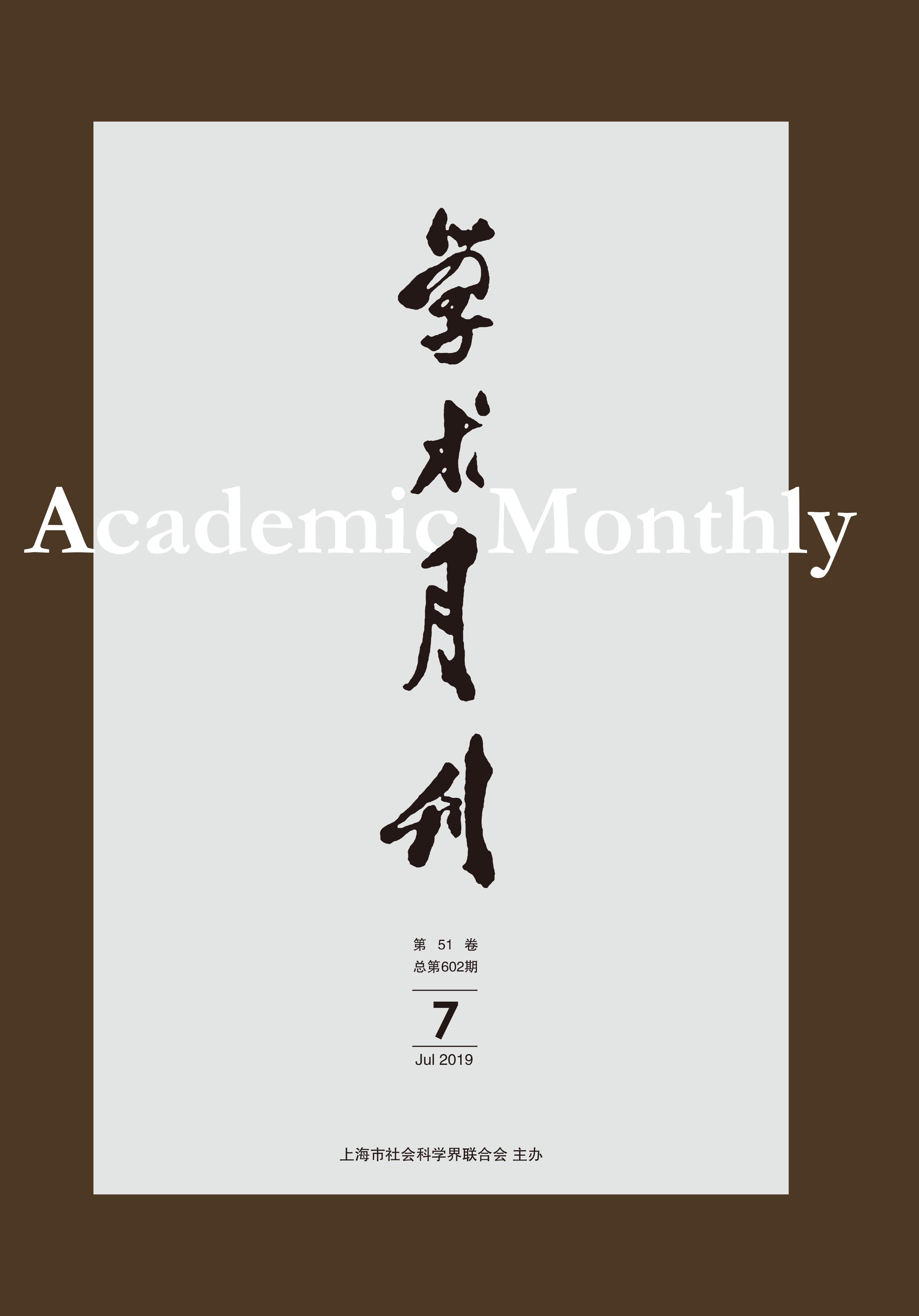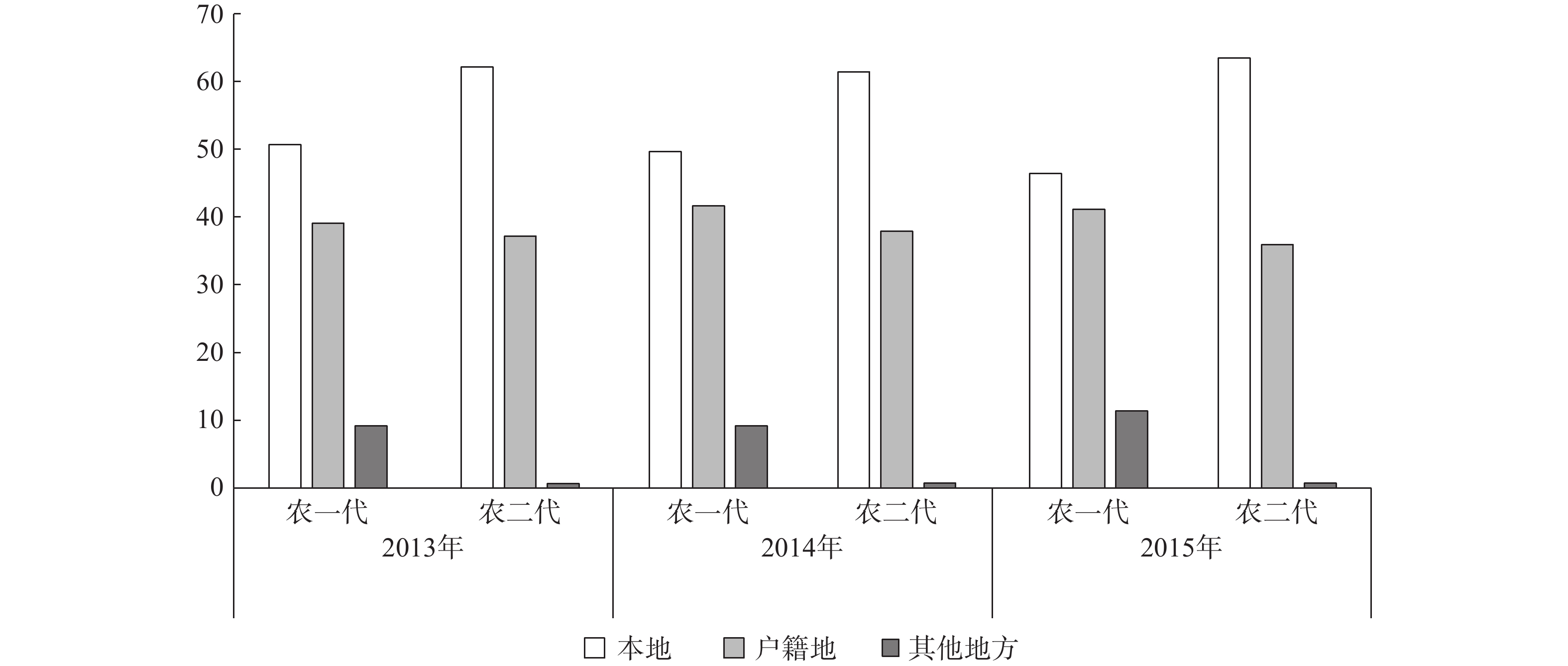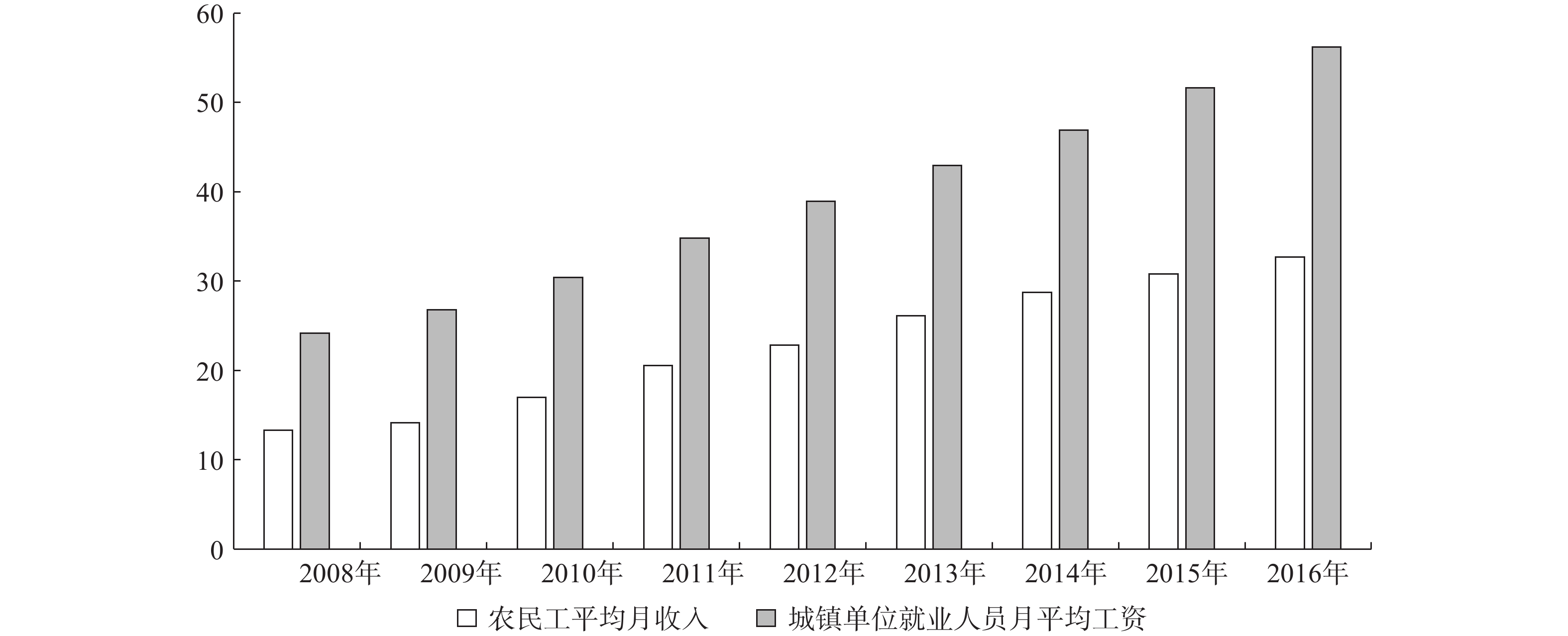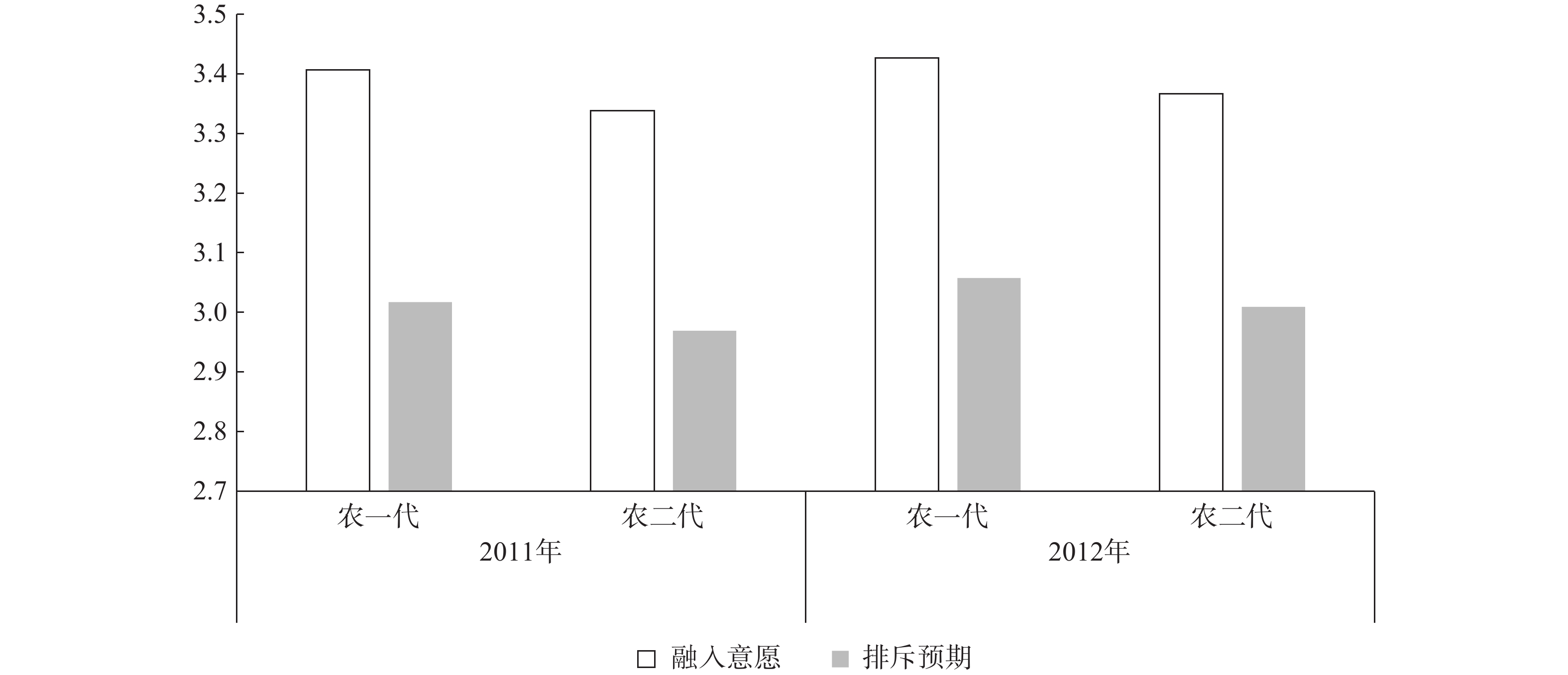Intergenerational Revolution and City Rights of Migrant Workers
- Available Online: 2019-07-01
Abstract: Based on the perspective of generational difference and the right to the city, this paper shows the revolutionary changes of the economic and social characteristics between the first-and second-generation of peasant workers by employing national survey data and find the fact that the second-generation migrant workers who leave the village can not and even less willing to return to the countryside again. Furthermore, this paper analysis intergenerational migrant workers’ right to the city and demands about access rights, employment and income rights, residency rights, basic security rights, social inclusion and children’s right to education.On the basis of data analysis, the author clearly stated that if the second generation continues to be regarded as " passers-by” or " grant” their rights from the perspective of outsiders, and ignore the subjectivity of migrant workers’ right to the city, China’s transformation will pay a huge price. It is necessary to truly empower the right to the city to migrant workers, with a focus on the decent residency rights of the second generation of migrant workers and the equal rights of education for the third generations of migrant workers.




 沪公网安备 31010102003103号
沪公网安备 31010102003103号 DownLoad:
DownLoad:

